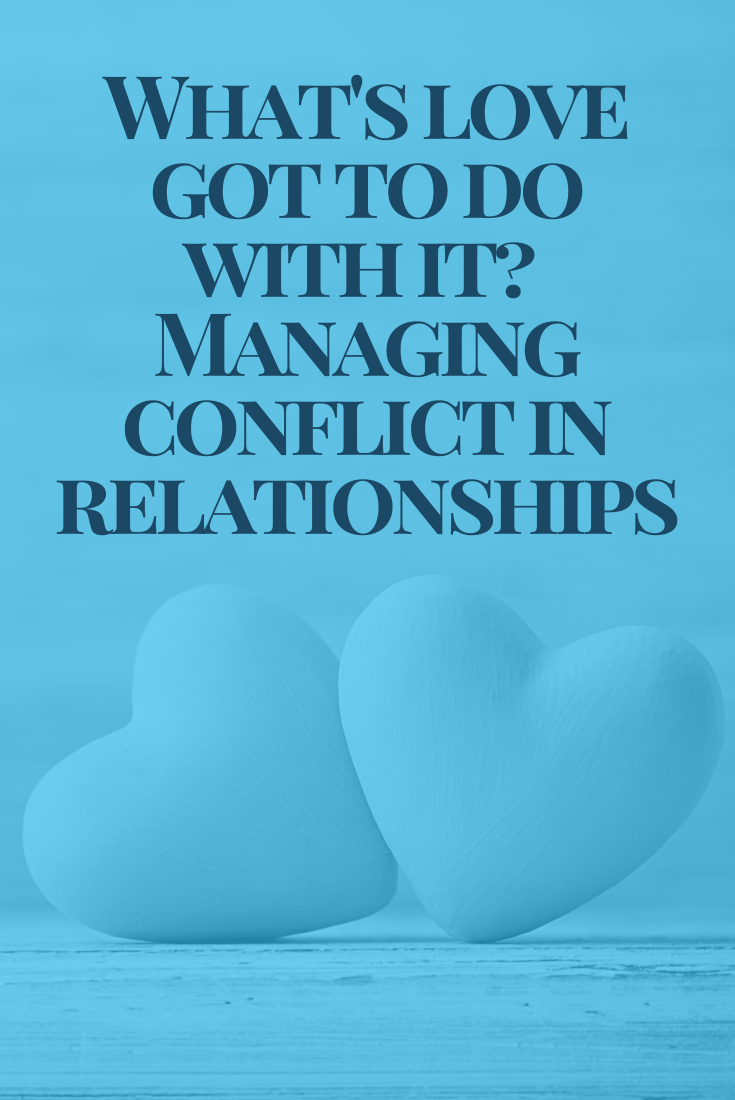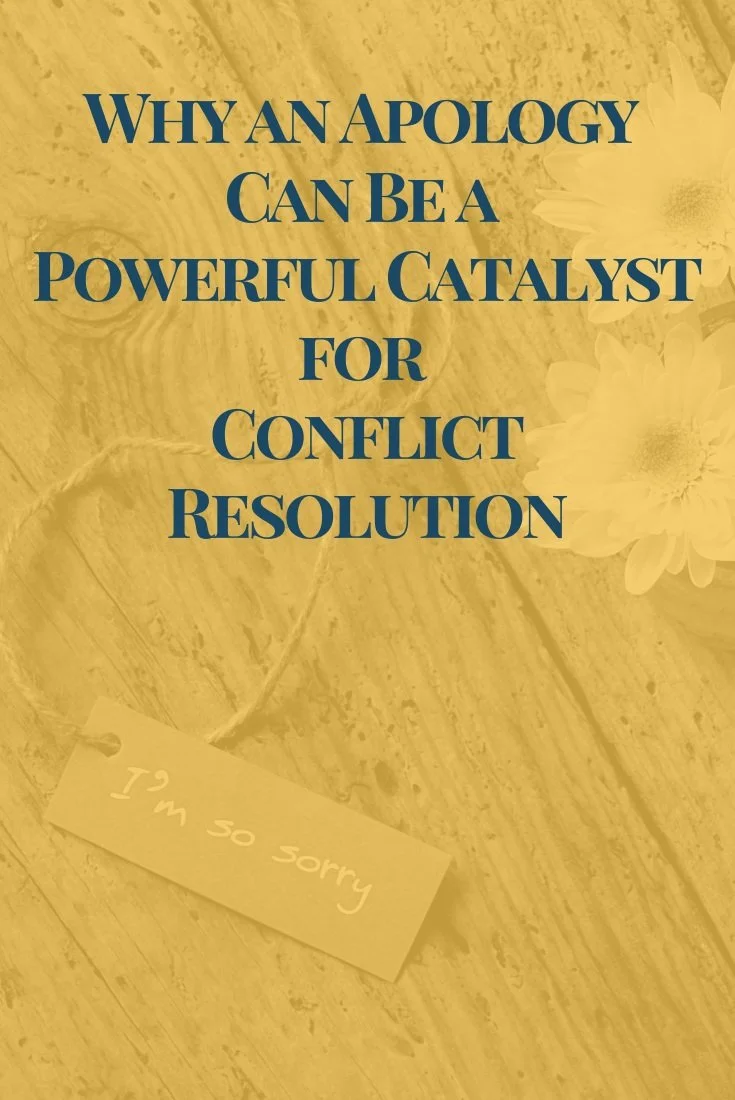Almost anything you will read about conflict will tell you that communication is a contributing factor. How each of us communicates and interprets the verbal and nonverbal signals of others is closely tied to and shaped by our own unique cultures. Awareness of diverse communication approaches enable us to not only recognize the ways our opponents may engage in conflict, but we begin to understand how our own culture shapes us. This respect for divergent conflict engagement practices is especially important for mediators who facilitate those difficult conversations. Ultimately, cross-cultural understanding helps us manage conflict more effectively.
What's love got to do with it? Managing conflict in relationships
While falling in love, most people do not think about conflict. As couples grow closer, it is inevitable they will discover hidden issues that can lead to disagreements. A threat to the stability of a relationship can be scary and require deliberate work to resolve the issues that present themselves. So, what’s love got to do with it? Conflict management can be an expression of love.
Why an Apology Can Be a Powerful Catalyst for Conflict Resolution
A genuine apology can promote healing and connection. An apology involves more than simply saying “I’m sorry.” It is a process. Effective apologies require courage, compassion, humility, and sincerity. An apology’s effectiveness, however, is not dependent on the recipient’s acceptance of the apology. There may be barriers to giving or receiving apologies. When the conditions are right, however, an apology can be a powerful catalyst for conflict resolution.




